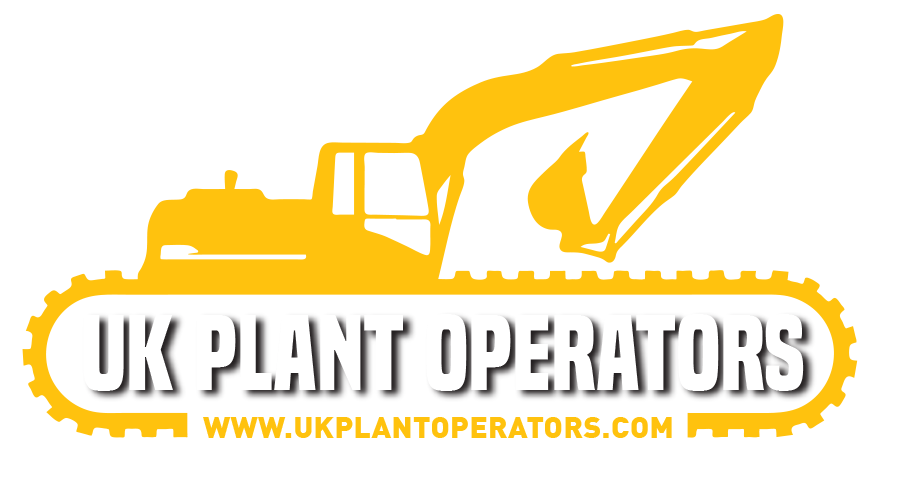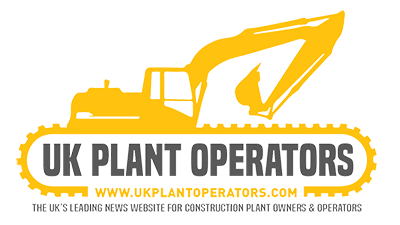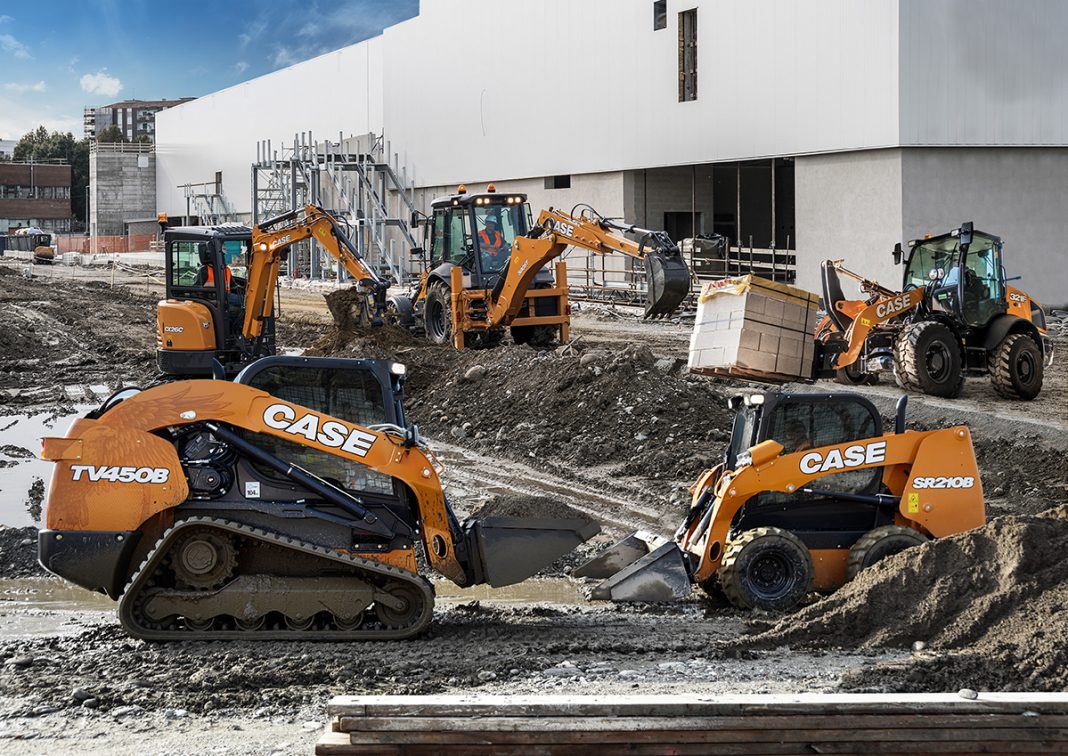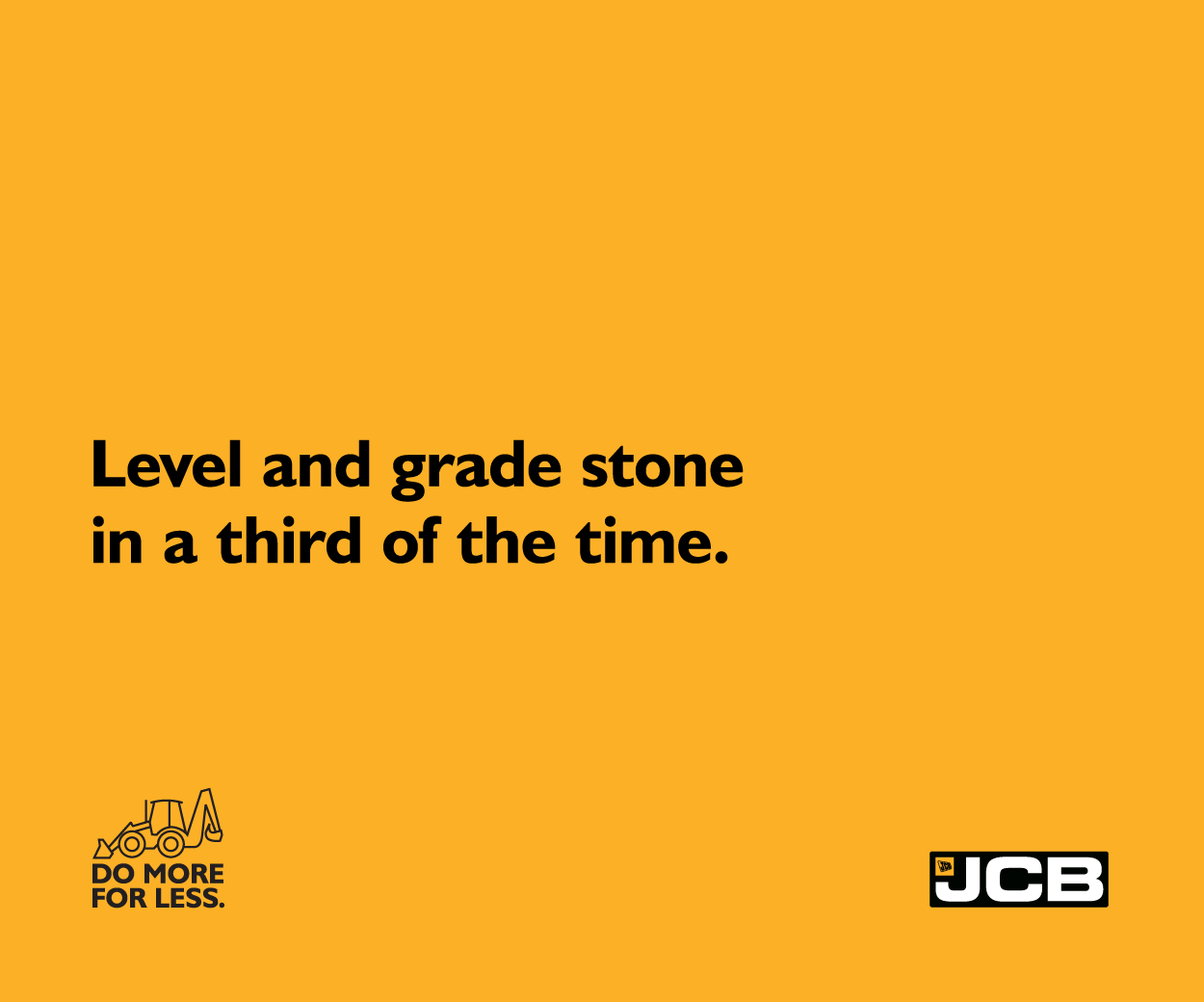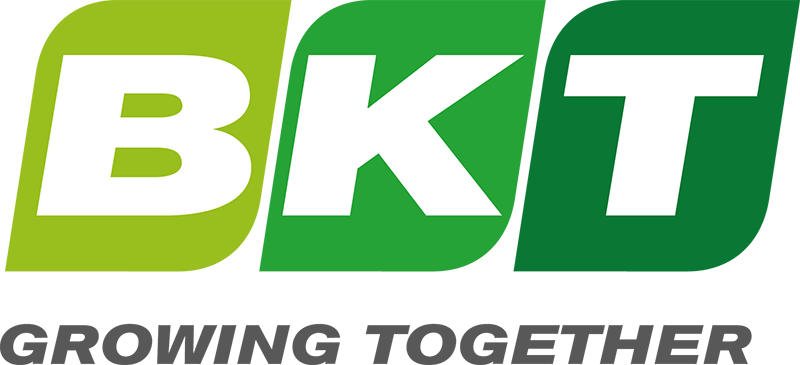![]()

It comes as no surprise that businesses across the globe have been plunged into making bold and difficult decisions due to COVID-19. As a result of this decision makers are faced with unique operating challenges unlike any they have experienced before. As with any crisis we can rely on some form of stability in the guise of slight economic disruption that usually recalibrates when things return to normal.
As with many industries, the building and construction sector has been affected with nationwide lockdowns forcing sites to close and putting new machine acquisitions on hold or cancelled completely.
While there are a range of challenges facing the industry, CASE Construction Equipment, a brand of CNH Industrial, has a diverse range of solutions that can help building and construction organisations navigate this difficult period. Joseph O’Grady, Business Director Northern Europe, CASE Construction Equipment Europe and David Humphreys, Country Retail Finance Sales Manager, CNH Industrial Capital, explain some of the solutions available, from machine financing to aftermarket and technology.
Weighing up your options
The Office for National Statistics (ONS) predicts that a quarter of businesses in the UK could close due to the current pandemic. There are two ways in which you can try to mitigate this:
- Plan for a crisis and work out what you would do if it happens. That way when something like a pandemic hits you won’t be left on the back foot.
- Make sure you have access and opportunity with your current equipment provider to use bridging methods such as aftermarket and finance solutions that can allow businesses to come out fighting.
Once you have taken advantage of these initiatives you should turn your attention to fleet management as without this, businesses cannot fulfil customer contracts be it new or old. Ensuring that your existing fleet is fit for purpose and free to deliver resolutions to clients becomes essential. Regular maintenance of machines and even checking with your dealer for upgrades on features like telematics which give you more precision should be embedded into your fleet management strategy.
This might sound daunting, but it has been proved that those businesses who are bold enough to invest during harder times, are the ones who emerge stronger than their competitors. There may even come a time when organisations have to choose between paying staff wages on time or investing in new equipment which will help drive the business forwards by delivering on new contracts and potentially helping you win new business too. The most important thing to remember is that you do not need to choose between the two and that both are attainable if businesses take advantage of flexible financing options. Don’t be afraid of your dealer, they are there to support you.
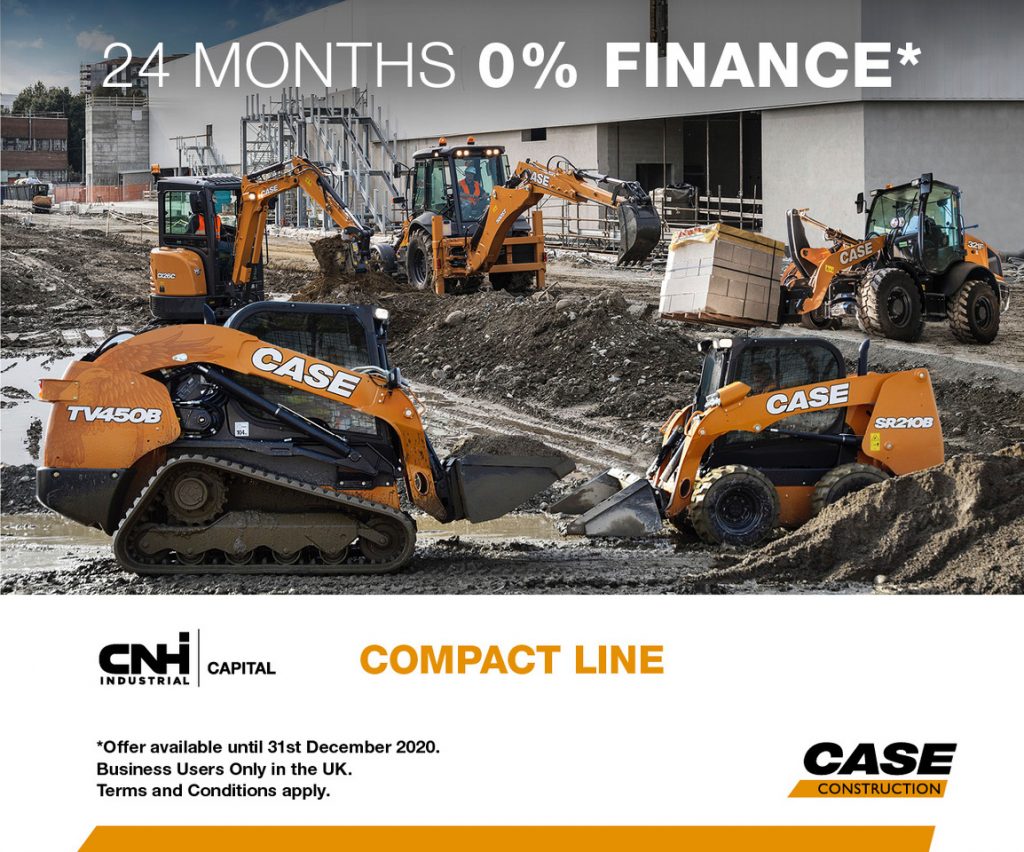
Making your cashflow work harder
Running out of funds is the principal reason UK businesses collapse. Therefore, having the skills to manage it is vital, especially for small and medium enterprises (SMEs).
Maintaining track of expenses for fleet management is a major priority, as David Humphreys, Country Retail Finance Sales Manager, CNH Industrial Capital explains: “Fully utilising the government support schemes is crucial at a time like this. These loans can help businesses tide over cashflow problems and survive, with this particularly relevant for small to medium businesses.”
Service and telematics are the winning team
“Without an effective approach to aftermarket care, customers will never get the most out of their construction machinery: it is as simple as that,” notes Joseph O’Grady, Business Director Northern Europe, CASE Construction Equipment Europe. “A purchase is only the first step, and what comes after often determines how much value a machine can return.”
A sporadic approach to servicing and maintenance will result in equipment malfunctions. Other than paying for extra costs the impact could also result in letting down customers because you cannot complete promised work.
“Aftermarket solutions must also ensure companies don’t suffer from ‘bill shock’ when a machine requires maintenance. Agreeing to repairs or servicing only to then discover the price far exceeds what your budget will allow results in a difficult conundrum: spend on the machine and disrupt cashflow or risk a costly breakdown and potentially lose business,” continues O’Grady.
Over the last 10 years, the expanding saturation of fleet telematics has heightened conventional maintenance programmes by using the latest GPS and satellite technology to deliver unseen understandings into machine performance.
“Telematics has the potential to revolutionise the construction sector,” O’Grady explains further. “Its benefits are far-reaching, but three key reasons for adopting a telematics solution have become clear in the past few years, and all three focus on extracting maximum value from fleets.
“Firstly, location data has helped to address the several hundred million pounds a year problem of machine theft. With a telematics solution in place, a fleet operator can always see exactly where their machines are from any device. If then, for example, they see a machine being taken away from site on a trailer for an unauthorized trip, they can either act quickly to stop this or continue to track and then recover the machine. When in an economically pressured environment such as a recession, it is, of course, essential to avoid the kind of problems a theft can cause.
“Another common use of telematics data has been to see exactly how long equipment is being used and for what tasks. Access to this has proven to be invaluable, allowing fleet operators to better utilise their machines and deliver maximum value on their investments. What’s more, this stream of data appears in real-time, meaning decisions can be taken on resource allocation almost immediately.
“Real-time performance data brings with it another key benefit: predictive maintenance. This is a crucial tool when looking to be as resource and cash efficient as possible. Not only do utilisation reports provide overviews of machine performance from which potential issues can be flagged, but telematics solutions can be configured to activate alerts when certain thresholds are breached, such as engine temperature. Being able to act on this with such speed greatly reduces the chance of a breakdown, extending the life of a machine and ensuring it delivers maximum value. CASE’s SiteWatch takes this a step further, allowing customers to give their local CASE dealer access to the data generated to arrange any necessary maintenance even quicker,” he remarked.
Think smart when it comes to investing in equipment
Over time machinery will need to be replaced or upgraded. David Humphreys, Country Retail Sales Manager, CNH Industrial Capital, rationalises the value and gains of having enough cashflow and how COVID-19 has influenced the equipment financing environment, including the steps CNH Industrial Capital have taken to adapt:
“We have quickly seen that the coronavirus has meant businesses and the financing arms of companies are entering into relationships more like business partners than service providers. In doing so, financing deals can be structured that are supported by much more detailed knowledge of how a company operates. As a result, these will be directly aligned to the businesses plan and goals and work out much better in the long run.”
Relationships between financing arms and companies makes sense for multiple reasons, as Humphreys explains: “Creating new finance products for our customers that reflect the times has been a priority. This helps to overcome fears about opening up a high-risk credit line for a high-risk product, allowing businesses to continue to operate with some degree of normality. As well as this, it is crucial to consider the seasonality of the construction business. The winter months bring harder ground and a pause to some operations. It is prudent, therefore, to reduce payments during this time to just a ‘keep in touch’ level or look to secure a financing deal where these months are payment holidays.
“Only by working with a captive can be these kinds of industry-specific decisions be made, with the pandemic only serving to clarify this. Captives have a deep knowledge of the sectors they provide finance to and as a result can structure the most appropriate deals. Alongside this, many independent financiers might not be as warm to certain industries as they were previously, whereas captives remain committed to their brands regardless. This is not to say that line of credit is closed – working with a captive ensures it remains open while still reaping the benefits of equipment finance.”
Every risk comes with the element of uncertainty
“No sector has been left untouched by the impact of COVID-19 and the subsequent recession measures to combat the virus has induced. As a result, risk and difficult times lie ahead for millions globally, especially those who own or are employed by SMEs. Negotiating during a historic economic downturn will always be daunting – it does not, however, mean that riding out the storm and then experiencing growth are totally impossible.
“Taking the steps outlined by CASE’s experts provides a solid foundation for mitigating the risks raised by a once in a generation global economic event. They not only ensure maximum value from existing equipment but offer the chance to upgrade what businesses can offer, all while guaranteeing that cashflow is kept manageable and healthy. Doing so means businesses not only survive but thrive,” ended O’Grady.
